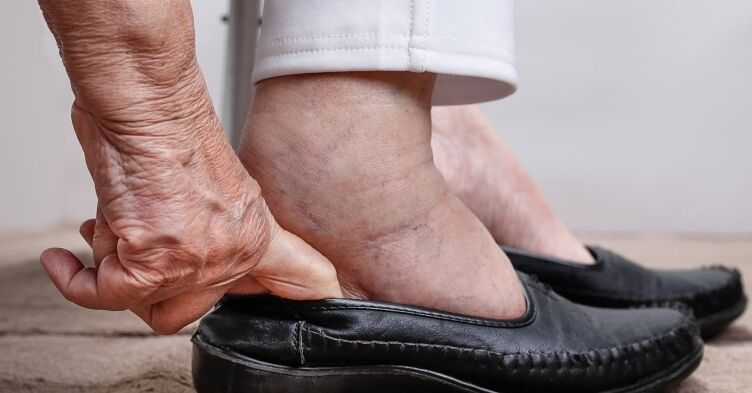Lucille Kelsall-Knight reviews a recent qualitative study looking at approaches to discussing child weight with parents
Supporting healthcare professionals to address child weight with parents: a qualitative study.1
Recent years have seen an increasing focus on the role of primary care practitioners in health promotion, including childhood obesity.2,3 However, there is evidence that practitioners have concerns about discussing a child’s weight with their parents.4
Pallan and colleagues (2023)1 set out to explore healthcare practitioners’ experiences of these conversations in primary care and community settings within socio-economically disadvantaged and ethnically diverse populations, looking at facilitators and barriers.
Between November 2019 and March 2020, they conducted interviews with GPs (13) and general practice nurses (7), and focus groups with school nurses (20). All worked in local authority areas in the West and East Midlands regions of England. Interviews were face to face or by telephone, and focus groups were face to face.
Following thematic analysis, three themes emerged regarding facilitators of conversations about a child’s weight with parents: structural changes, such as dedicated appointments and joined-up working; HCPs’ approaches to these conversations; and the relevant skills and knowledge of HCPs. A further three themes emerged in relation to barriers: structural and organisational, such as limited time and capacity; HCP related, such as a lack of confidence; and family related, including ethnic and cultural factors.
The main limitations of the study were that HCPs were recruited via advertising and so were likely to have an interest in childhood overweight, and that the school nurse participants all came from a single healthcare organisation, potentially limiting generalisability.
The study identified that a range of factors influence HCPs’ ability to address children’s excess weight with parents in primary care and community settings. The authors concluded that it is important to support HCPs with structural changes, and core training to develop the appropriate knowledge and skills.
References
1 Pallan M et al. Supporting healthcare professionals to address child weight with parents: a qualitative study. BJGP 11 October 2023; BJGP.2023.0238. DOI: 10.3399/BJGP.2023.0238
2 NICE. Obesity: identification, assessment and management. CG189. 2014. nice.org.uk/ cg189.
3 Boyce T et al. A pro-active approach. Health Promotion and Ill-health prevention 2010. tinyurl.com/KF-proactive.
4 Viner R et al. Understanding and improving general practitioner (GP) use of childhood BMI surveillance data from the National Child Measurement Programme (NCMP). Public Health England; 2017.
Lucille Kelsall-Knight is a lecturer in children’s nursing at University of Birmingham School of Nursing







